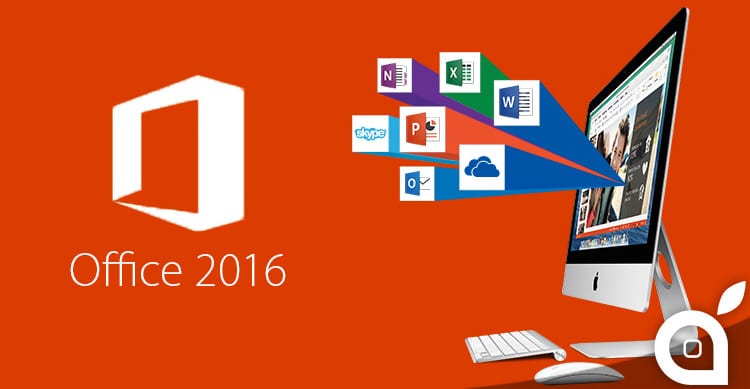Microsoft Office Mac 2016 Updates
Jan 15, 2020 Applies to: Office for Mac, Office 2019 for Mac, Office 2016 for Mac Microsoft AutoUpdate (MAU) version 3.18 and later includes the msupdate command-line tool. This can be used to start the update process for Microsoft applications produced for Mac, such as Office. Turn on automatic updates in Windows XP. Choose Start Control Panel. Choose Performance and Maintenance, and then double-click System. In the System Properties dialog box, choose the Automatic Updates tab. Choose the settings you want to use. Choose Apply OK. Mar 10, 2020 The update history information for version 16.16 and earlier also applies to Office 2016 for Mac, which is also a version of Office for Mac that’s available as a one-time purchase. Older versions up to and including 16.16 can be activated with an Office 2016 for Mac volume license.
-->Applies to:Office for Mac, Office 2019 for Mac, Office 2016 for Mac
Microsoft AutoUpdate (MAU) version 3.18 and later includes the msupdate command-line tool. This can be used to start the update process for Microsoft applications produced for Mac, such as Office. The tool is primarily designed for IT administrators so that they have more precise control over when updates are applied. You can download the latest version of MAU from this link.

msupdate works by sending Apple Events to the MAU daemon. On macOS 10.14 Mojave and later, you may see a privacy prompt when running msupdate for the first time. If you are using an enterprise management tool such as Jamf Pro, you should deploy a Privacy Preferences Policy Control (PPPC) payload to pre-approve access. Samples of such a payload can be downloaded from here.
Microsoft net framework 4.8 sdk mac. Use the following steps to start using the tool:
- Open the Terminal application
- Enter
cd /Library/Application Support/Microsoft/MAU2.0/Microsoft AutoUpdate.app/Contents/MacOS - Run
./msupdate --help
The following options are displayed:
Examples of how to use msupdate
- Display the current configuration parameters for AutoUpdate:
./msupdate --config - Display the current configuration parameters in machine-readable format:
./msupdate --config --format plist - List all available updates:
./msupdate --list - Download and install all available updates:
./msupdate --install - Download and install the latest updates for Word, Excel, and PowerPoint:
./msupdate --install --apps MSWD2019 XCEL2019 PPT32019 - Download and install a version-specific update for Outlook:
./msupdate --install --apps OPIM2019 --version 16.17.180090901
Application identifiers
The following table lists the applications for Mac supported by AutoUpdate. The identifier is used when specifying the --apps parameter. When specifying multiple applications on the command-line, separate identifiers with a space.
Update Office 2016 On Mac
| Application | Latest version1 | 2016 version2 |
|---|---|---|
| Word | MSWD2019 | MSWD15 |
| Excel | XCEL2019 | XCEL15 |
| PowerPoint | PPT32019 | PPT315 |
| Outlook | OPIM2019 | OPIM15 |
| OneNote | ONMC2019 | ONMC15 |
| MAU | MSau04 | MSau04 |
| OneDrive | ONDR18 | |
| Teams | TEAM01 | |
| Skype for Business | MSFB16 | |
| Remote Desktop | MSRD10 | |
| Intune Company Portal | IMCP01 | |
| Defender ATP | WDAV00 | |
| Edge Canary | EDCN01 | |
| Edge Dev | EDDV01 | |
| Edge Beta | EDBT01 | |
| Edge Stable | EDGE01 |
1 These identifiers are used for Office 2019 for Mac, either a retail or a volume licensed version, and for Office for Mac (from an Office 365 plan) running on macOS version 10.12 (Sierra) or higher.
2 These identifiers are used for Office 2016 for Mac, either a retail or a volume licensed version, and for Office for Mac (from an Office 365 plan) running on macOS version 10.11 (El Capitan) or earlier.
Note
- If an update is pending for MAU itself, that update must be applied before any applications can be updated.
- Identifiers are not case-sensitive when run interactively from the command-line, but use the character casing from the table above when running from a management tool such as Jamf Pro.
Related topics
Microsoft Office 2016 Mac Offline Update
- Update history and release notes for Office for Mac